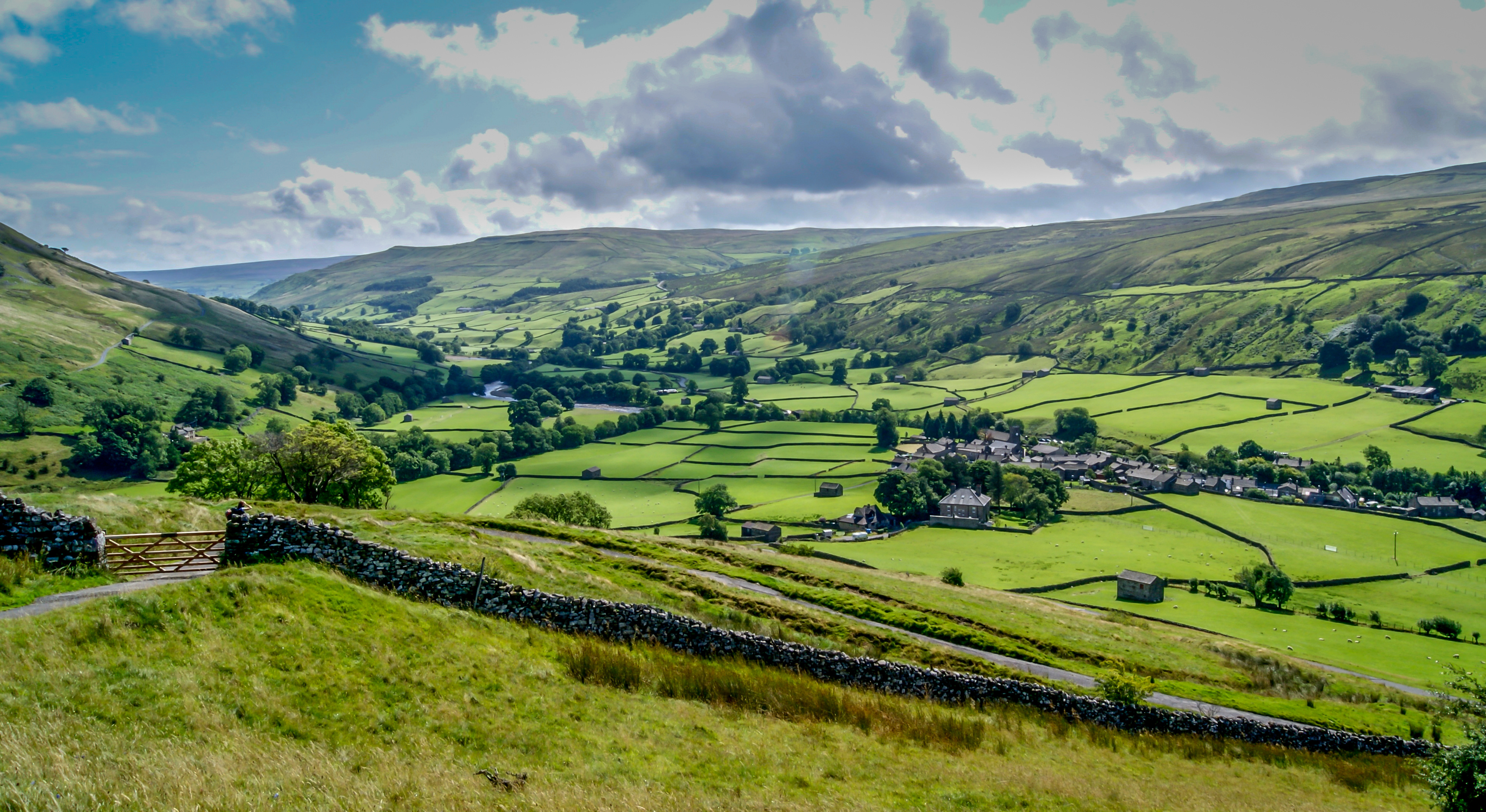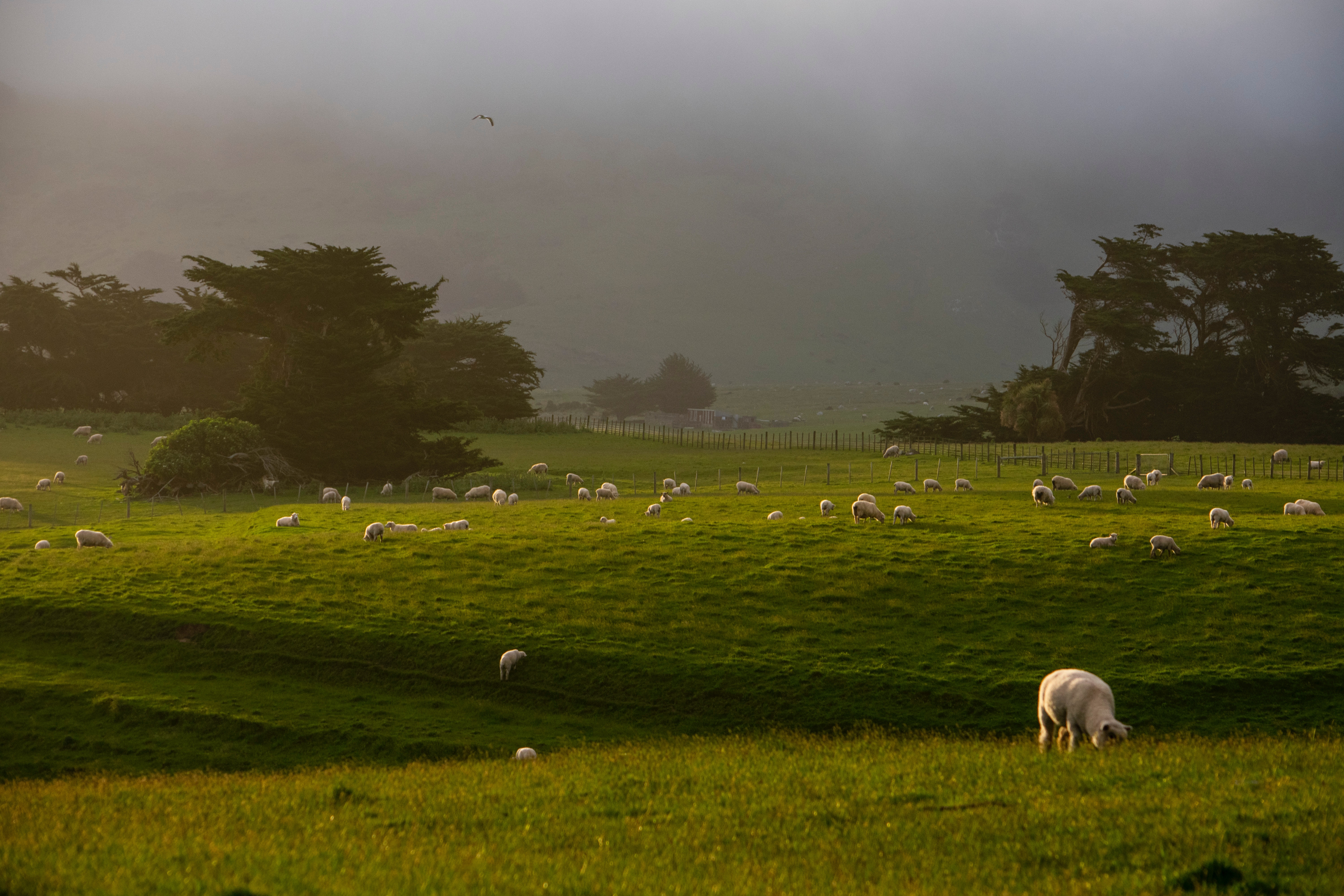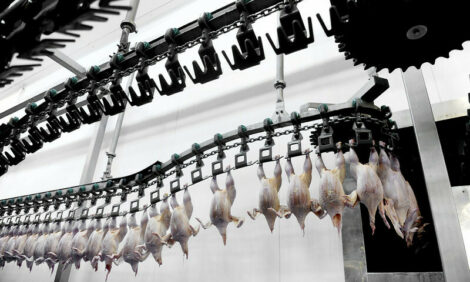



RSPCA urges UK government to prioritise animal welfare as Agriculture Bill reaches Lords
Higher animal welfare laws hang in the balance as next week’s Lords vote looms as the House of Lords prepares to vote on crucial amendments to the Agriculture Bill to protect millions of farm animals, the RSPCA urges the government to keep its promises.










